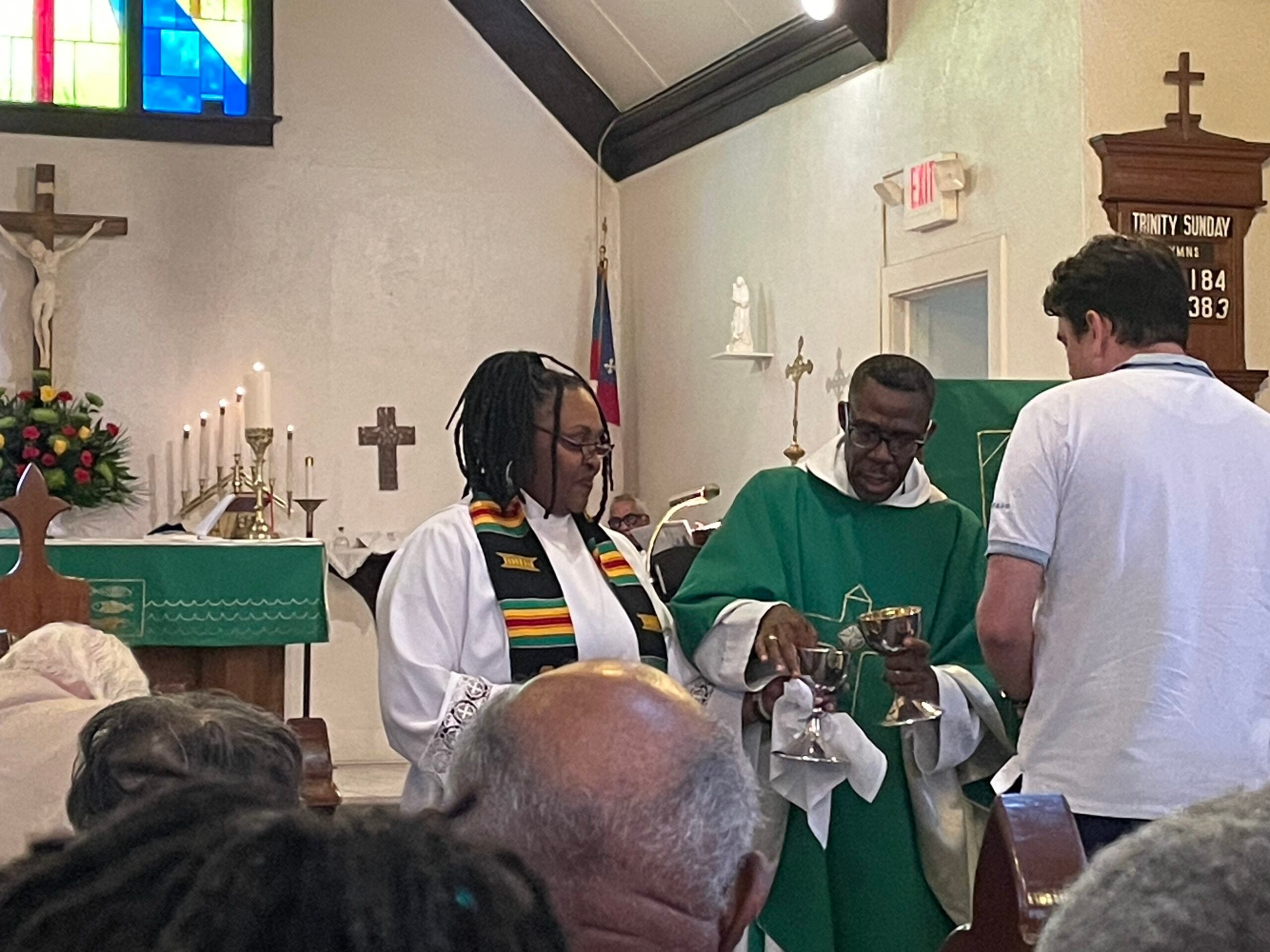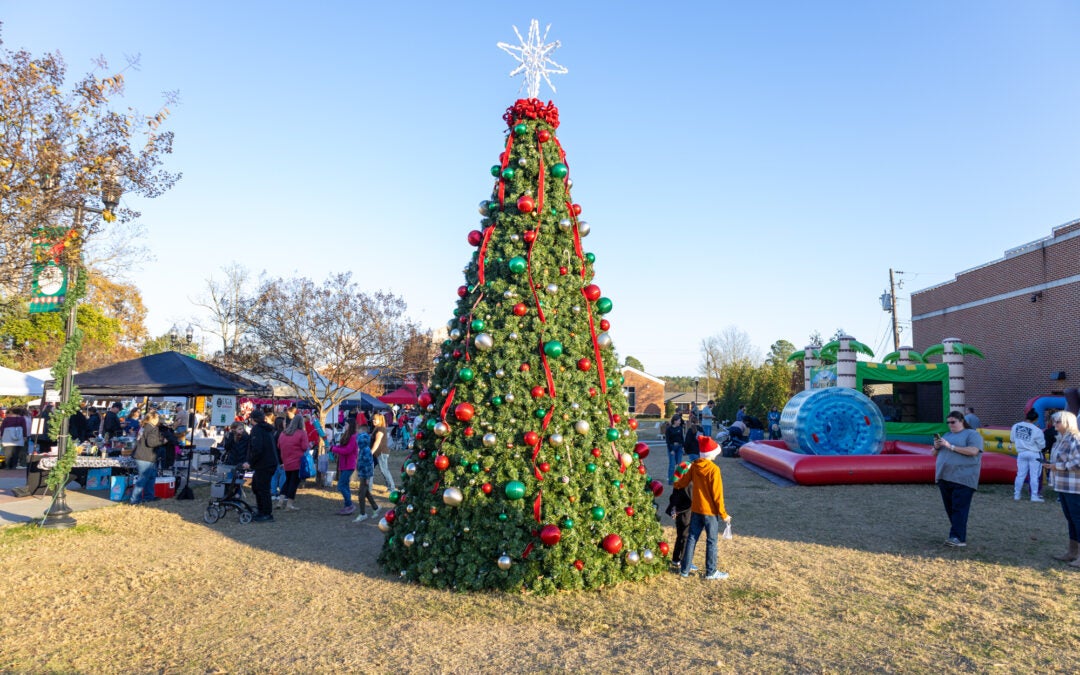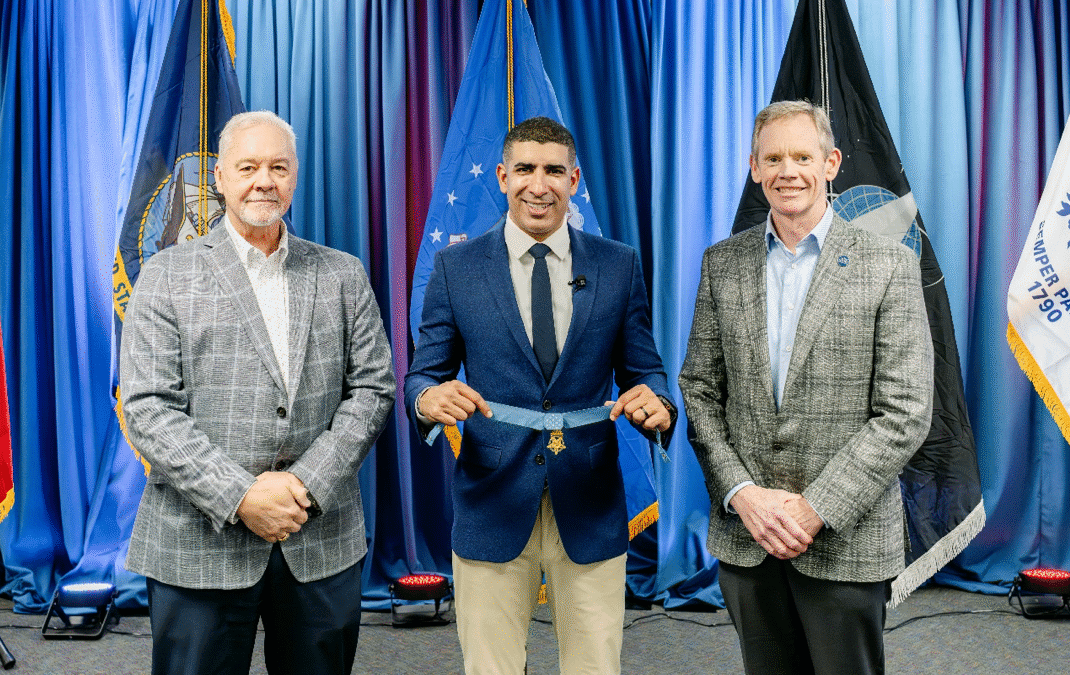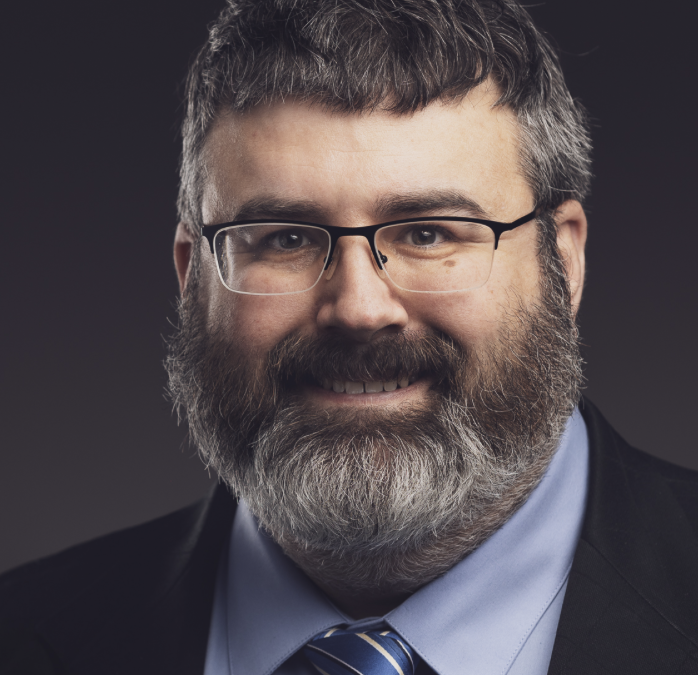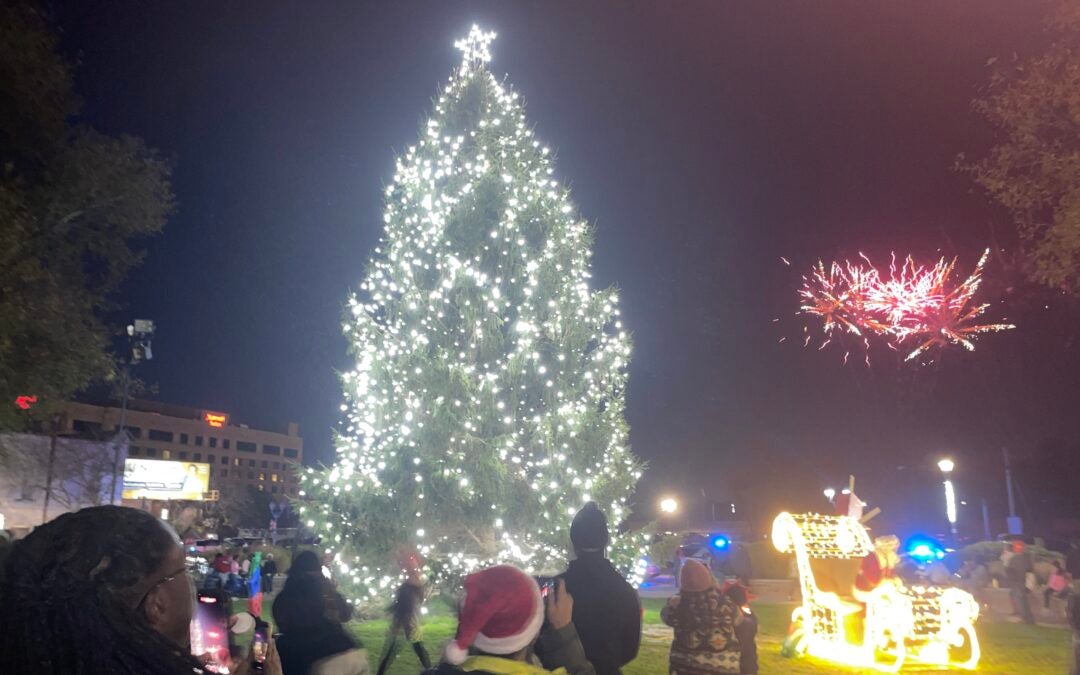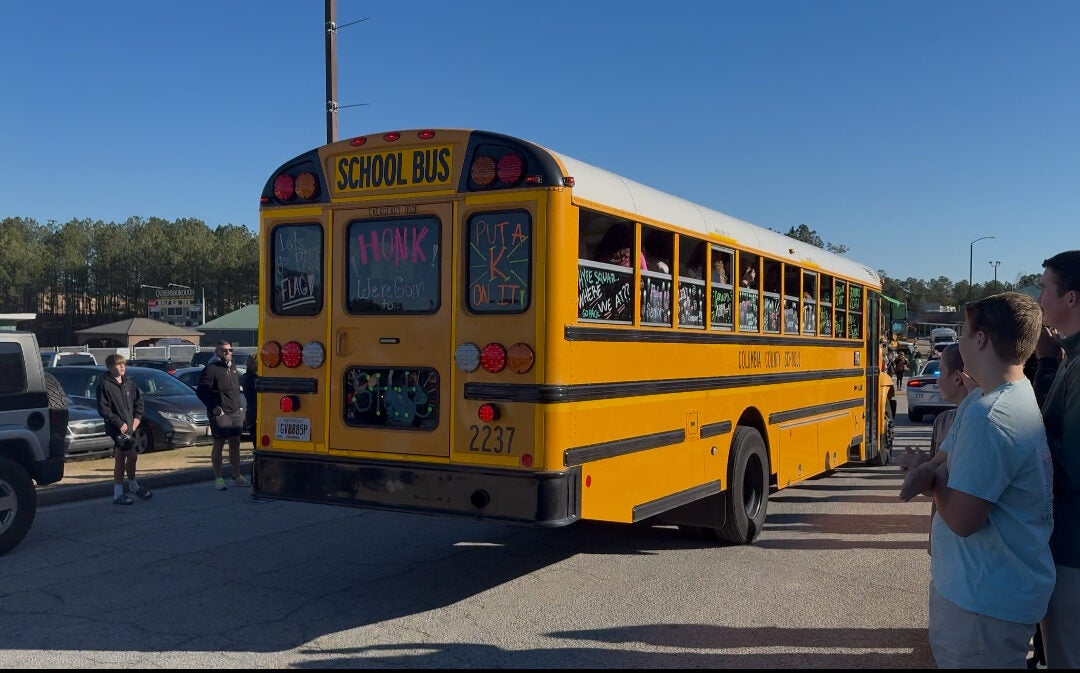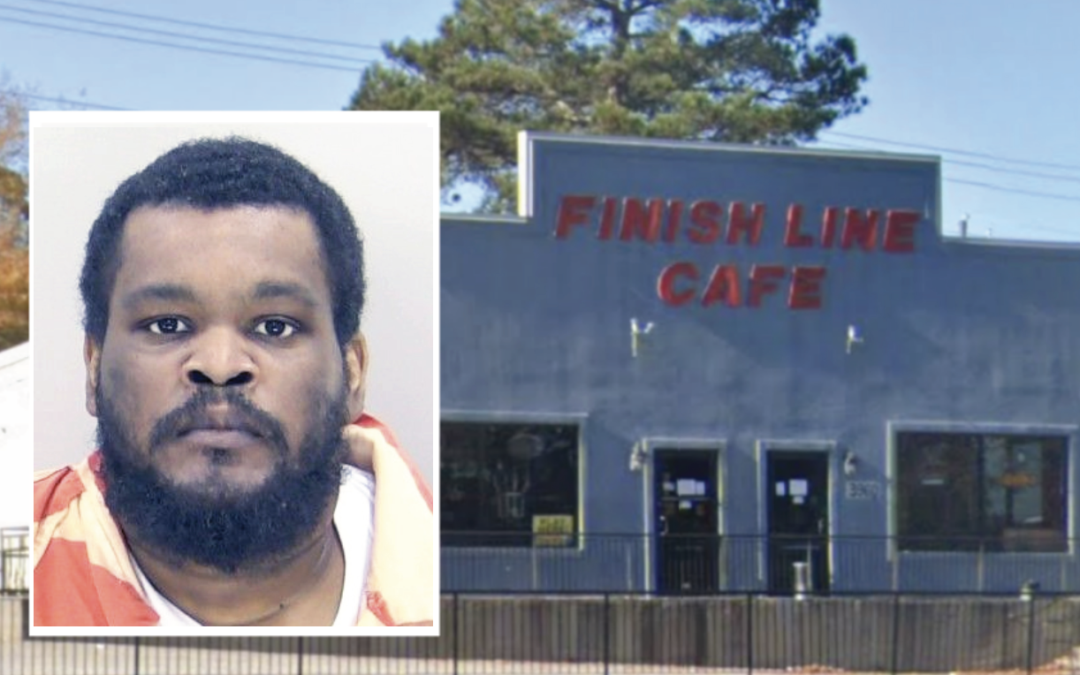As the Juneteenth Augusta Festival celebrated on the fairgrounds, Thursday, observation of the day set aside to commemorate the liberation of the enslaved people in Galveston, Texas — and essentially, throughout the Union — could also be found in worship, behind the red doors of an old church in the city’s Bethlehem district.
Parishioners and clerical representatives from Episcopal parishes throughout the area, including St. Paul’s Church and Church of the Good Shepherd, gathered at St. Mary the Virgin Episcopal Church on 12th Street, that evening, for the local convocation’s inaugural Liturgy for Juneteenth service.
The event was largely a normal Episcopal worship service, complete with the Eucharist. As usual at the parish, most of the hymns sung were from Lift Every Voice and Sing, a hymnal of African American spirituals, and processional hymn beginning the service was, in fact, James Weldon Johnson classic that gives the hymnal its namesake.
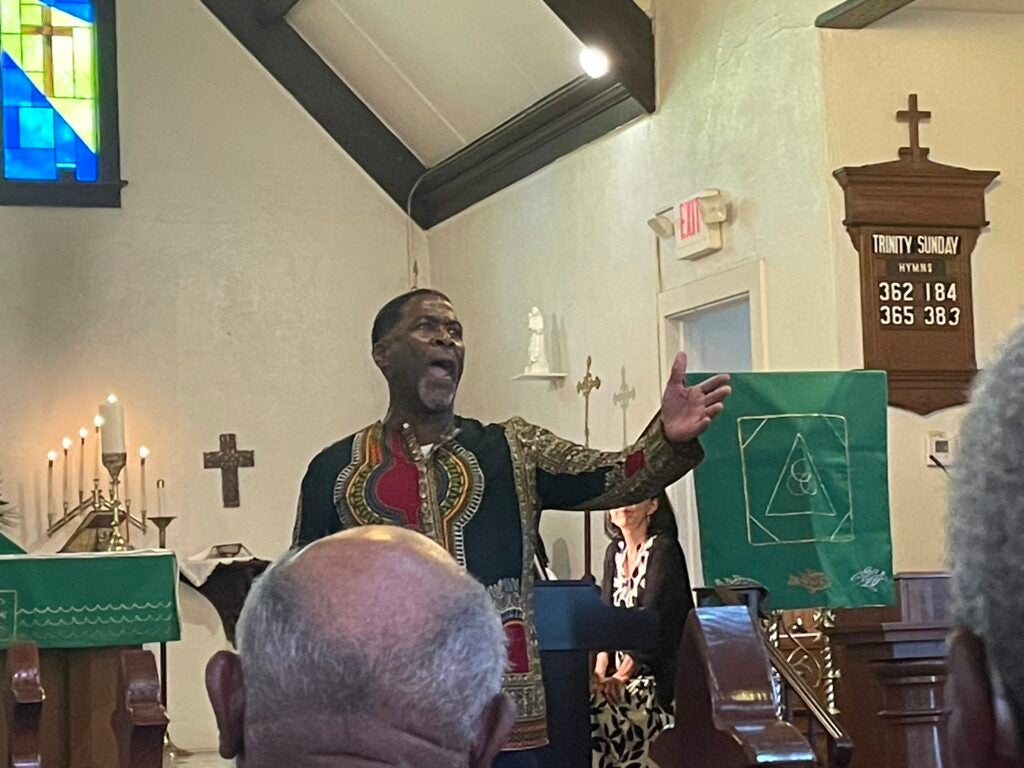
The key departures from a conventional liturgy included Negro Spiritual selections by singer and Broadway performer Russell Joel Brown, a parishioner at St. Mary’s since childhood, and a brief treatise by Rev. Billy Alford on the significance of the holiday.
“Today, we remember a day that marks both the pain and delayed freedom and enduring hope of liberation,” said Alford in his address, which presented a brief historical survey of Juneteenth, June 19, 1865, when Maj. Gen. Gordon Granger came to Galveston, Texas and informed the enslaved people of the state of their freedom, two years after Abraham Lincoln signed the Emancipation Proclamation. “I invite you this evening to think about what happens to the human will when freedom is denied.”
The priest-in-charge at St. Mary’s is Rev. Andy Menger, but the celebrant, or priest who presides over the service and performs the rite consecrating the Eucharist, was Rev. Hyvenson Joseph, a native of Haiti and a transplant from the Episcopal Diocese of New Jersey. Thursday night’s service was the first time Joseph celebrated the Eucharist in Augusta’s convocation.
Rev. Kimberly Dunn, assisting priest at St. Paul’s, gave the homily, using the occasion for spiritual exhortations toward “freedom, liberation and redemption.”
“The way we view God, or not, shapes the way we see each other and the world,” said Dunn in her sermon. “Today’s recognition and celebration of 250,000 emancipated slaves is no different and gives us another collective opportunity to stop and pause to give thought to a celebrated people who were physically set free, thoroughly liberated, and through Christ, reclaimed.”
Dunn, who became a priest in 2023, is the first African American to be ordained and to serve as clergy, at St. Paul’s.
“Liberation is not an individual freedom to be experienced alone. Liberation recognizes the interconnectedness of all living beings,” she said.
The service was coordinated by Rev. Larry Jesion, who, with his wife Pam Jesion, directs the Byllesby Center, a community outreach ministry in Harrisburg. The impetus for scheduling the Juneteenth liturgy was a conversation with Rev. Dr. Porter C. Taylor, rector of Church of the Good Shephard, about ministry opportunities in the area, in which Taylor asked him how the local Episcopal churches plan to observe Juneteenth.
“At the time I really hadn’t planned anything, although I would love to do something,” said Jesion, though this occasion was enough to galvanize him. The service was organized and promoted through the partnership of St. Mary’s, Good Shepherd and the Byllesby Center, on the campus of which sits the historical Christ Episcopal Church. “And then the thought occurred that, if we’re going to do this it could have been here at the Byllesby Center, but it would make more sense to do it at our only historically Black church.”
St. Mary’s was founded in 1888, originally on Telfair Street, funded by benefactress Mary Jones Harison, for Black Episcopalians in Augusta. By the 1930s, the church had moved to its current location on 12th Street.
“I’m really hoping that they pick up,” Jesion said, noting a turnout of dozens that filled the pews of the small parish, and intimating the continued observation of Juneteenth across the convocation and beyond. “Next year we’ll start to see it across our diocese, and with the keeping in the spirit of it, supporting our traditionally Black churches.”
St. Mary the Virgin Episcopal Church is located at 1114 12th St. The Byllesby Center is located at 1904 Greene St.
Skyler Q. Andrews is a staff reporter covering business for The Augusta Press. Reach him at skyler@theaugustapress.com.

